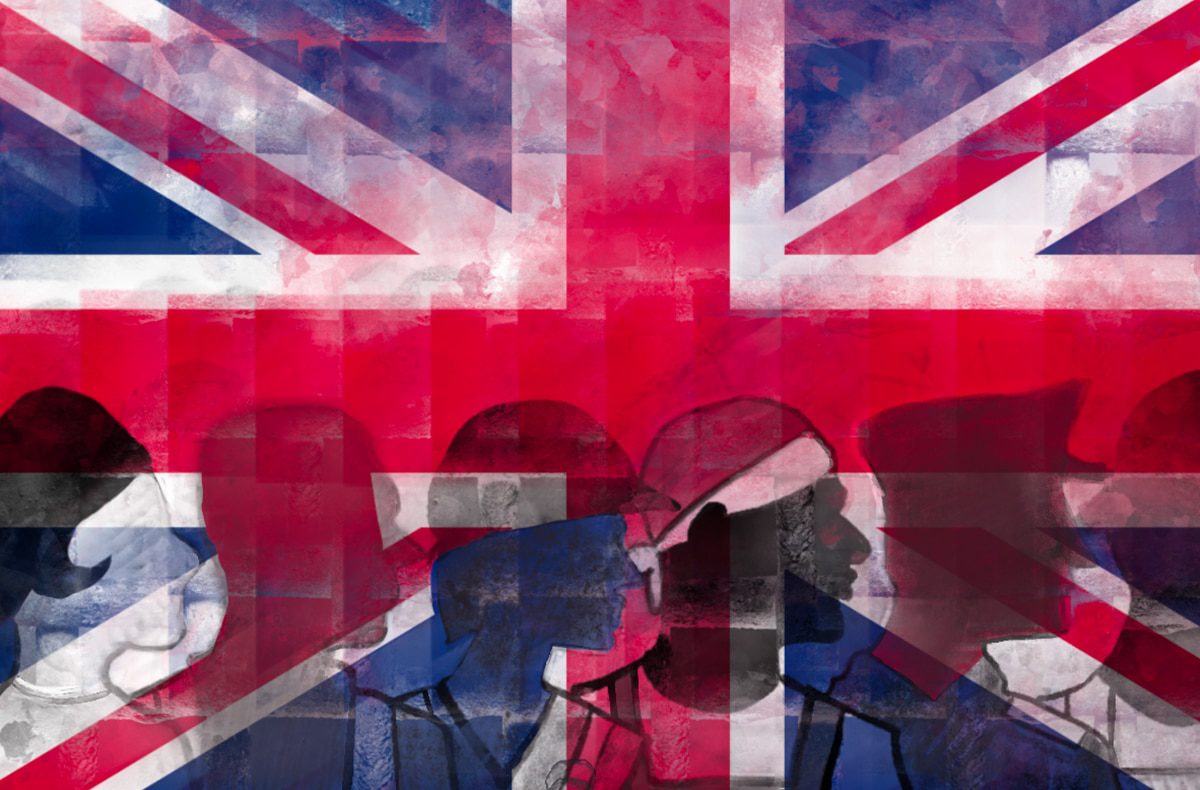
For understandable reasons, the only thing Britons care about right now is stability. We’ve had umpteen Prime Ministers in an unprecedentedly short space of time; we’ve had the markets rise and fall like a yo-yo; we’ve had COVID and, yes, we’ve had Brexit. For the love of God, make things boring again. Please.
So it is through this prism that we cast our eyes across the pond at the upcoming midterm elections in the United States. On the one hand, the traditional halfway reckoning—of which we have no equivalent—provides a sense of stability, a clock-tick that marks the low point of an administration, a temperature gauge for the nation.
But this year it has been different. The horrid assault upon Paul Pelosi, which daily emerges as an increasingly political act—likely an assassination attempt upon his wife—brings back many painful memories for us, which have contributed towards the sense of jeopardy in recent years. Most recently, we had the killing of Sir David Amess, a respected local MP who was stabbed to death by an Isis-supporting terrorist at a weekly surgery in his constituency.
And of course we had the murder of Jo Cox, a Labour Party politician who was shot and stabbed numerous times in West Yorkshire in the run-up to the Brexit referendum. The perpetrator, 53-year-old Thomas Mair, was a white supremacist who opposed her on ideological grounds. It came as an electric shock to the nation; the last time there had been a political assassination in Britain was back in 1990, with the killing of Tory MP Ian Gow by the IRA in 1990.
I remember the murder of Jo Cox chiefly because of my distance from it. I was reporting from Venezuela, which was in a state of collapse. The capital, Caracas, where I was staying, had the unhappy distinction of being named the “most dangerous city in the world,” as I had discovered when I had Googled it the night before my departure. So I had other things on my mind. Nonetheless, the mere fact that I was on the other side of the world made the British murder feel strangely remote. And when I returned, it was to a far more febrile, tribal and politically feverish country. It is a state from which Britain has not recovered.
Mr Pelosi, of course, was not killed—a rebuke to those Britons who assume that the United States is a lawless Wild West of gun-crazed lunatics—and thank God for that.
But the fact that we are viewing events in America from across the Atlantic can only partly dull their effects. The fact is that the midterm elections of 2022, though offering the stability of regularity in some senses, strike most Britons as the most insane we have seen in a long time. Not only is the figure of Donald Trump looming large in the background, but only 13% of Americans, according to a New York Times/Siena College poll, believe that the country is “going in the right direction” under Joe Biden. Even amongst Democrats, only 27% approved of his tenure.
As a set of numbers, these are pretty staggering. It looks likely that both Houses of Congress may fall to the Republicans next week. Did the storming of Capitol Hill count for nothing? Or is this another slow storming, brought about largely by the incompetence of the Democrats, under the leadership of a man who looks far too old to be alive?
And yet he is planning, so we are told, to contest the next election as well, in pursuit of a second term. By the end of which, he will surely be more than 100 years old, and singing sea shanties to the pink elephants from his bath chair.
I don’t mean to be unkind. But this, my friends, is the state of modern politics.
Let’s just hope that Rishi Sunak does better than our last leader.



